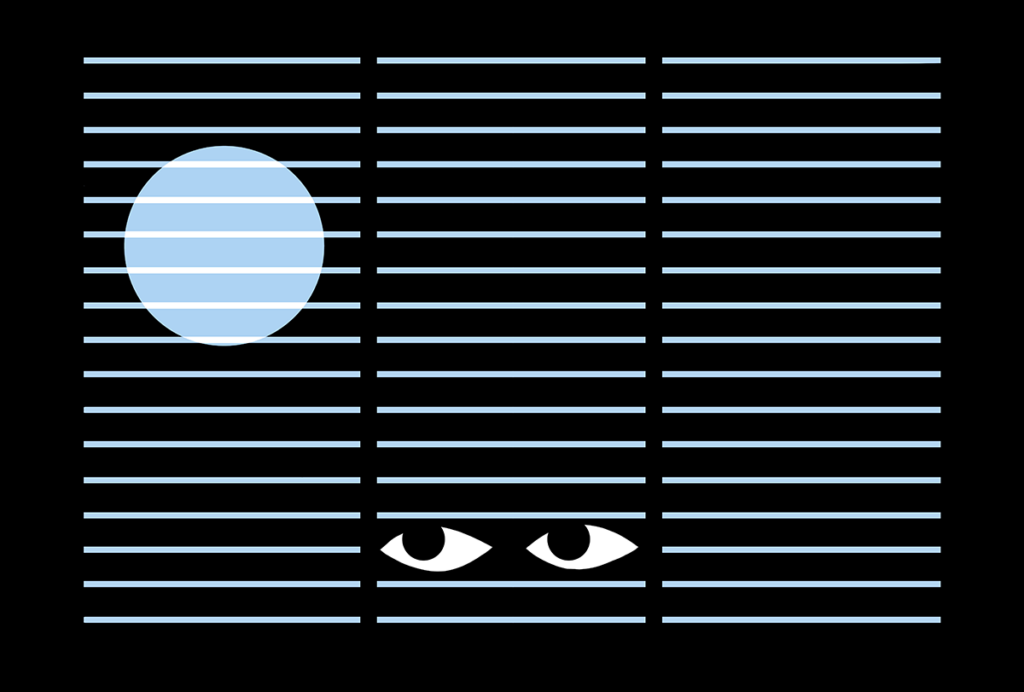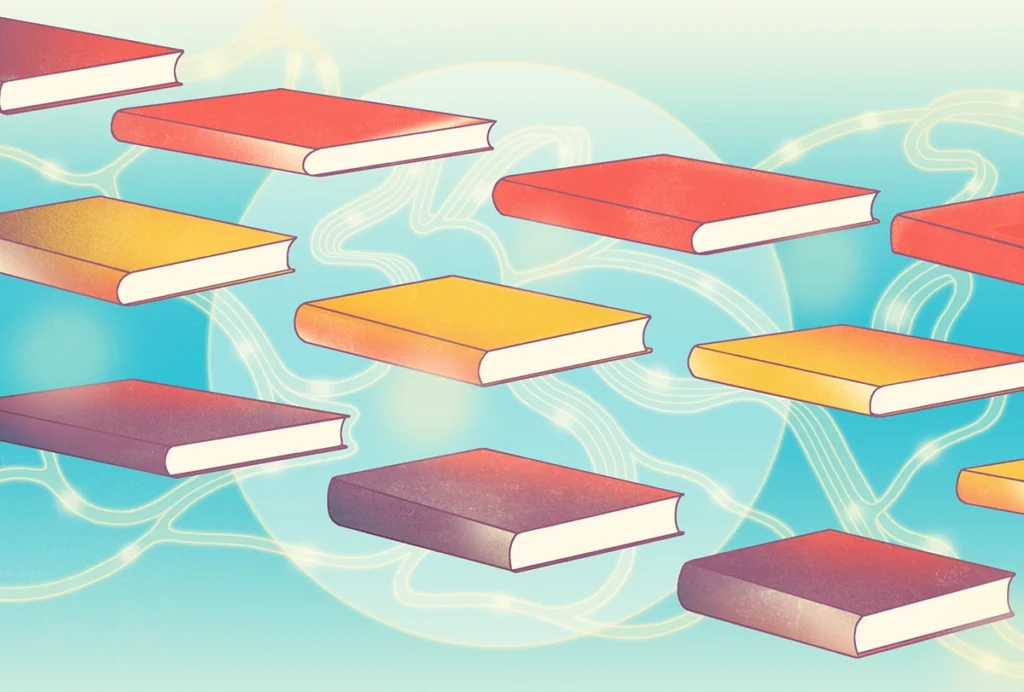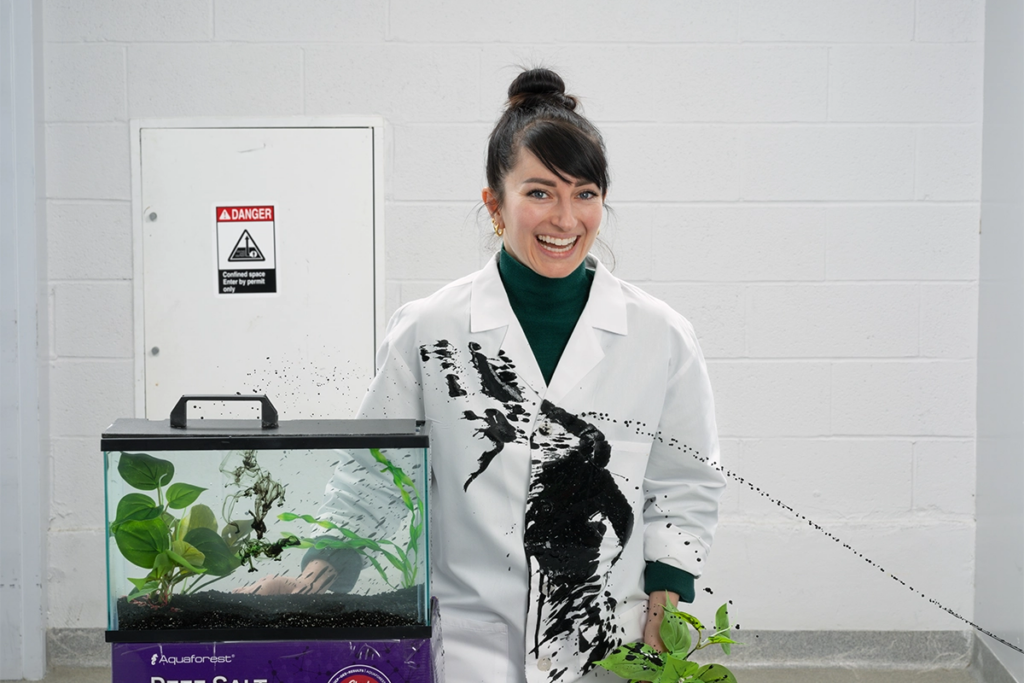Visual perception
Recent articles
This paper changed my Life: Bill Newsome reflects on a quadrilogy of classic visual perception studies
The 1970s papers from Goldberg and Wurtz made ambitious mechanistic studies of higher brain functions seem feasible.

This paper changed my Life: Bill Newsome reflects on a quadrilogy of classic visual perception studies
The 1970s papers from Goldberg and Wurtz made ambitious mechanistic studies of higher brain functions seem feasible.
Six new neuroscience books for fall—plus five titles you may have missed
We highlight the most anticipated neuroscience books for the remainder of 2024 and recap notable releases since last December.

Six new neuroscience books for fall—plus five titles you may have missed
We highlight the most anticipated neuroscience books for the remainder of 2024 and recap notable releases since last December.
Leaving lasting marks with Tessa Montague
When the postdoctoral fellow is not deconstructing cuttlefish camouflage and dodging ink squirts in the lab, you can find her teaching neuroscience courses in correctional facilities, mentoring high school biology students in Ghana and helping to launch DNA experiments into space.

Leaving lasting marks with Tessa Montague
When the postdoctoral fellow is not deconstructing cuttlefish camouflage and dodging ink squirts in the lab, you can find her teaching neuroscience courses in correctional facilities, mentoring high school biology students in Ghana and helping to launch DNA experiments into space.
Explore more from The Transmitter
Developmental delay patterns differ with diagnosis; and more
Here is a roundup of autism-related news and research spotted around the web for the week of 14 April.

Developmental delay patterns differ with diagnosis; and more
Here is a roundup of autism-related news and research spotted around the web for the week of 14 April.
‘Natural Neuroscience: Toward a Systems Neuroscience of Natural Behaviors,’ an excerpt
In his new book, published today, Nachum Ulanovsky calls on the field to embrace naturalistic conditions and move away from overcontrolled experiments.

‘Natural Neuroscience: Toward a Systems Neuroscience of Natural Behaviors,’ an excerpt
In his new book, published today, Nachum Ulanovsky calls on the field to embrace naturalistic conditions and move away from overcontrolled experiments.
Functional MRI can do more than you think
Recent technological advances provide a range of new and different information about brain physiology. But taking full advantage of these gains depends on collaboration between engineers and neuroscientists.

Functional MRI can do more than you think
Recent technological advances provide a range of new and different information about brain physiology. But taking full advantage of these gains depends on collaboration between engineers and neuroscientists.